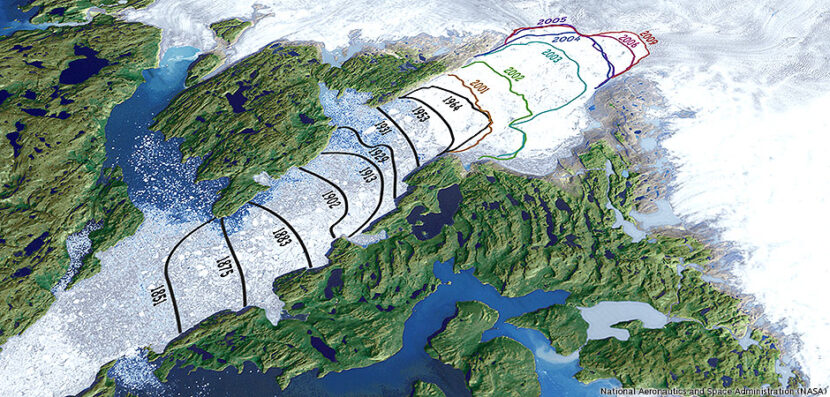
Is Climate Change Becoming a Bi-Partisan Issue?
In American politics, the two major parties–Republican and Democrat–have been historically divided along clear ideological lines. They include taxes, immigration, healthcare, energy, education, abortion, firearms, foreign policy, and the environment. Despite a growing division between liberals and conservatives in recent years, however, there is new research to suggest that a growing majority of Americans, regardless of party identification, support government action regarding climate change.
Party Positions on Climate Change
What was once called global warming (generally defined as an accelerated warming of the Earth due to an increase in greenhouse gas) is now referred to as climate change (a more general term that refers to a change in global temperatures over time). While the Democrat Party’s position on climate change has always been to combat the phenomenon through a reduction in greenhouse emissions, the platform was weaker in this area in 2012 than it was in 2008. Conversely, the Republican Party platform in 2008 had a detailed section on addressing climate change responsibly. In 2012, there was no such section, but instead a solid opposition to legislation toward curtailing greenhouse gas.
The bigger divide appears to be growing within the Republican Party itself. More moderate members of the party tend to lean toward a willingness to address climate change, while members of the relatively new conservative movement within the GOP, are publicly skeptical of the findings of environmental scientists.
The Poll
Stanford University, The New York Times, and Resources for the Future (a nonpartisan environmental research organization) recently co-sponsored a telephone poll. The goal was to determine current public attitudes towards political candidates who campaign for or against climate change. A sampling from more than 82,000 landline and cell phone numbers were randomly selected by a computer. Each region of the country was appropriately represented. The results were weighted and adjusted to account for variables typical in political poll taking.
The poll found that two-thirds of the participating 1,006 adults said that the issue was not the determining issue in deciding whom to vote for. However, they were more likely to vote for a candidate in favor of implementing governmental measures to curb global warming. Conversely, they were less likely to support those who denied the existence of climate change.
Perhaps the most significant finding was that 48 percent of Republicans reported to being more likely to vote for a candidate who supported measures to fight climate change. However, 47 percent also believed that such measures would ultimately harm the economy.
Implications for 2016 Presidential Race
In 2012, only one candidate seeking the Republican nomination for presidency acknowledged that climate change posed any kind of threat to humans. But as public attention on the issue increases, so does the obligation of both parties to address a solid position on the issue. Political analysts believe the challenge for Republicans during the 2016 campaign is to figure out a way to properly present a position that can appeal to the broadening ideological divide between Republicans from more moderates to Tea Party members.
Another factor effecting climate change and the 2016 U.S. presidential election is the influence of multi-billionaire political donors Charles and David Koch. The brothers, who are vocal opponents to anti-climate change measures, have announced they will donate $889 million. Their hope is to leverage the new Republican-controlled Congress toward more deregulation.


